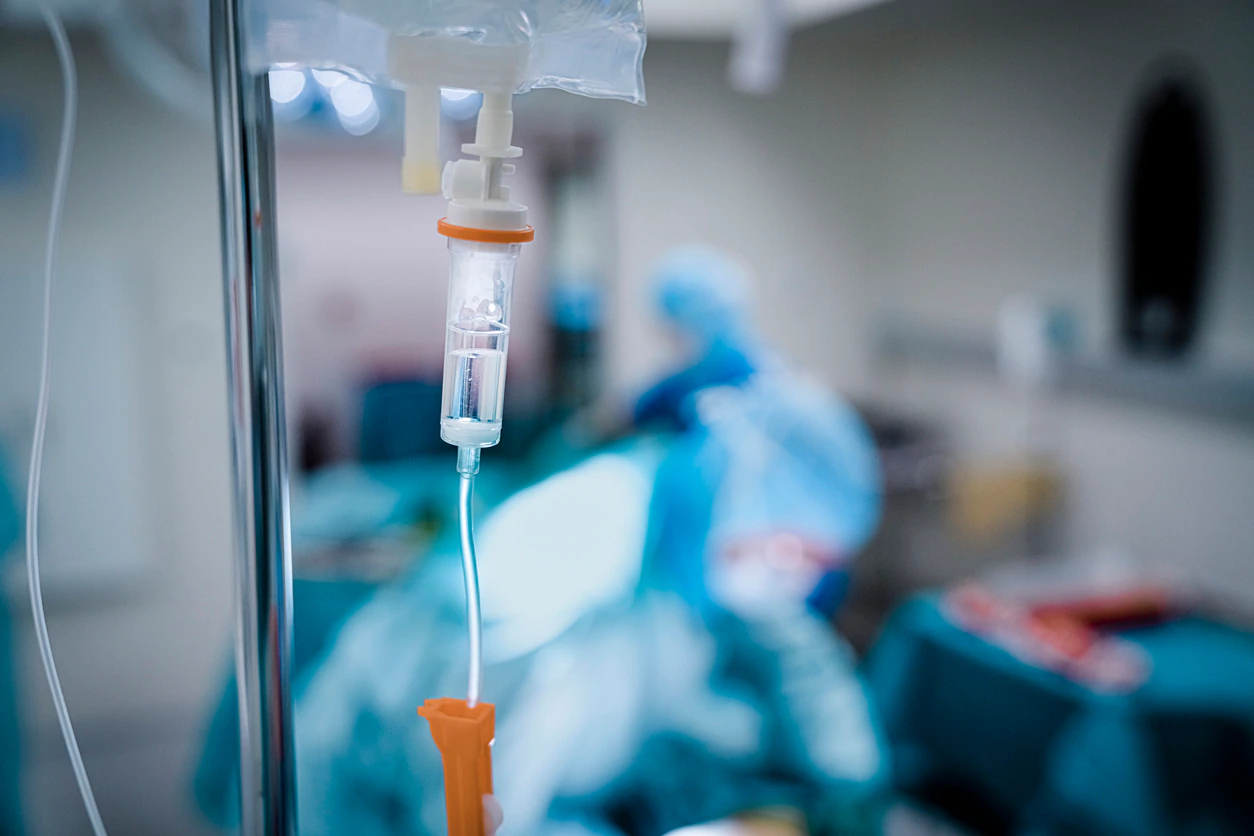Eli Lilly COVID-19 combo therapy cuts risk of death, hospitalization by 70%, company says

[ad_1]
A combination of two Eli Lilly antibody drugs were found to reduce risk of hospitalization and death in high-risk patients recently diagnosed with coronavirus by 70%, the company said Tuesday. The results stem from a Phase 3 BLAZE-1 trial involving 1,035 patients and add to previous data collected during Phase 2 trials.
The trial saw patients given 2800 mg of bamlanivimab and 2800 mg of etesevimab. Among the group given the combination therapy, there were 11 “events,” such as hospitalizations, versus 36 “events” recorded in the placebo group, marking a 70% reduction in risk. There were 10 deaths that occurred during the trial, but all involved patients in the placebo group, the company said.
“These exciting results, which replicate positive Phase 2 data in a much larger set of patients, add valuable clinical evidence about the role neutralizing antibodies can play in fighting this pandemic. While the preliminary nature of Phase 2 results from COVID-19 neutralizing monoclonal antibodies may have limited acceptance of treatment, these Phase 3 data further strengthen the available evidence,” Daniel Skovronsky, M.D., Ph.D., Lilly’s chief scientific officer and president of Lilly Research Laboratories, said in a news release posted Tuesday.
MINNESOTA CONFIRMS BRAZIL CORONAVIRUS VARIANT CASE, FIRST IN US
Skovronsky said the data builds on results from a Phase 2 trial involving just bamlanivimab that also saw a reduction in ER visits and hospitalization in coronavirus patients. The company also has a BLAZE-4 ongoing trial exploring the efficacy of giving lower doses of the combo therapy to patients to potentially maximize supply and reduce infusion times.
CLICK HERE FOR COMPLETE CORONAVIRUS COVERAGE
The FDA first granted bamlanivimab emergency use authorization in early November to treat mild-to-moderate COVID-19 in adult and pediatric patients over age 12. At that time, trials had shown the drug to reduce COVID-19-related hospitalizations and ER visits in patients.
The combination therapy has not yet been authorized by the FDA, but the company is hopeful that it could help tame the soaring hospitalization rates as the country waits to see impact of vaccine rollout.
[ad_2]
Source link





